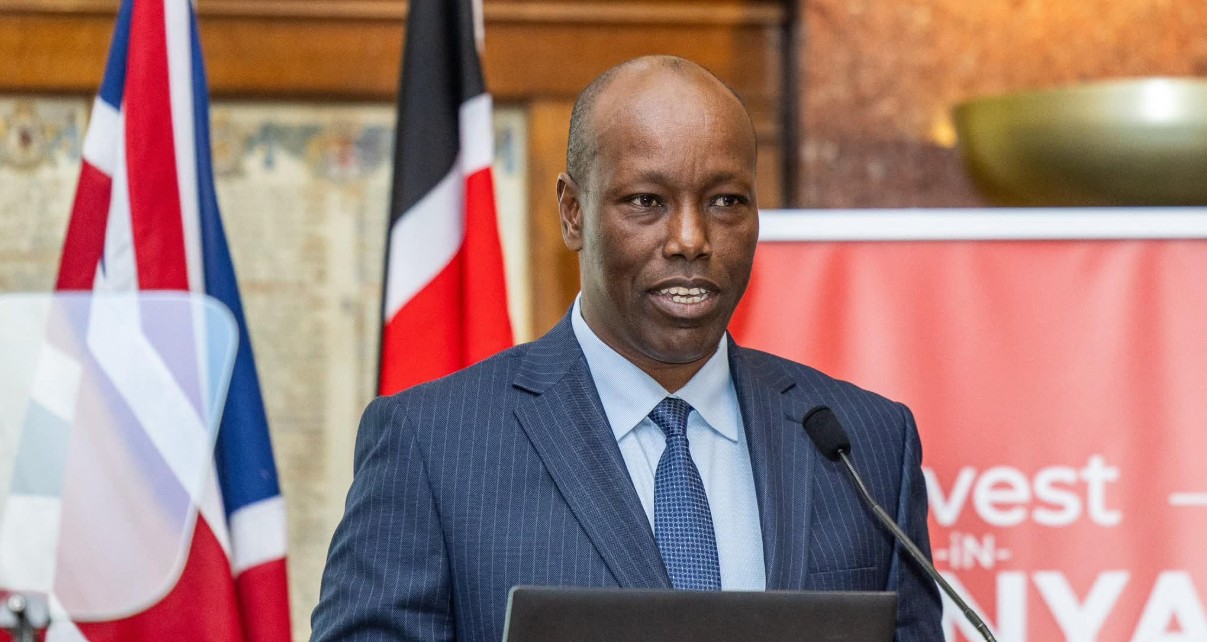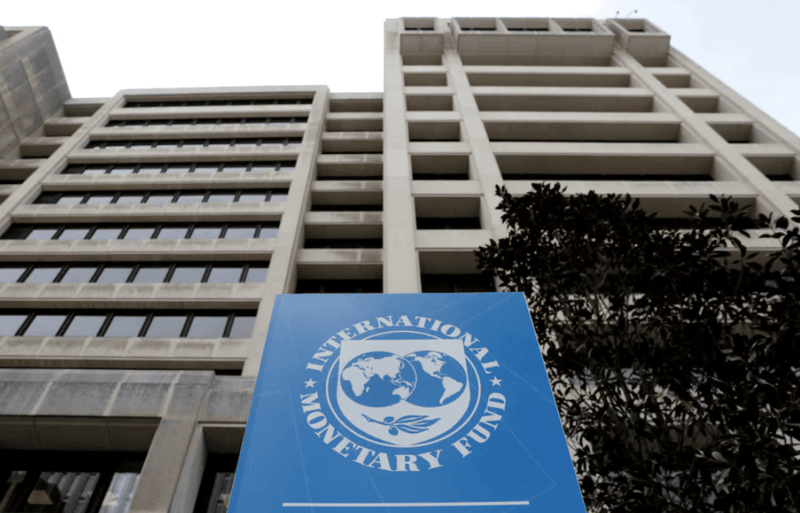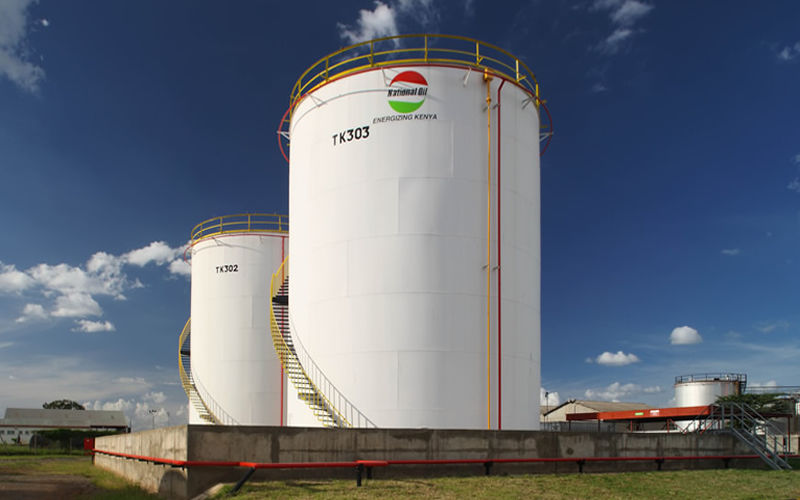Proposed alcohol and drug regulations not yet law, awaiting legal backing

NACADA warns that without immediate action, the public health and socioeconomic consequences of substance abuse will continue to escalate, affecting individuals, families, and communities nationwide.
The newly proposed regulations on the sale and consumption of alcohol and drugs are not yet in effect as they have not yet been supported by law.
The regulations contained in the newly proposed national policy for the prevention, management and control of alcohol and substance abuse in Kenya were launched on Wednesday, primarily with the view to limiting the availability and access of alcohol and drugs.
More To Read
- NACADA says no alcohol bans effected, clarifies new policy only offers recommendations
- Kenya to raise legal drinking age to 21, ban online alcohol sales in major policy overhaul
- NACADA shuts down illegal rehab centre over inhumane conditions
- Uncorking the truth: US Surgeon General warns of alcohol’s hidden cancer risks
- NACADA raises alarm over minors buying alcohol from petrol stations in Nairobi
- Government to close over 2,000 bars near schools in nationwide crackdown
They amongst others seek to limit alcohol drinking age to 21, prohibit locations where alcohol can be sold, to exempt areas such as public beaches, public parks, amusement parks, recreational facilities, medical facilities, sports facilities, bus parks, bus stops, petrol stations, railway stations, public transport including trains, ferry stations, piers, and along the highways.
They further seek to stop Kenyans or anyone visiting the country from accessing alcohol from vending machines or hawkers, from supermarkets, outlets selling products associated with children, such as toy shops, residential premises and restaurants.
The proposals that have caused a stir on social media will, however, be subjected to legal review and public participation following amendments to the Mututho laws; officially, the Alcoholic Drinks Control Act, 2010 and other supporting laws.
The Mututho laws sought to limit alcohol production, sale and consumption hours, especially among the youth, allowing bars to only operate between 5:00 pm and 11:00 pm during the week and between 2:00 pm and 11:00 pm during the weekends.
The new regulations seek to further reduce accessibility and availability of alcohol in the country, but also curbing free samples or alcohol offered at discounted sales.
They also seek to control the promotion, advertising and marketing of alcohol and drugs through limiting who does that, when and where.
For instance, alcohol brands or cigarettes shall not be marketed during watershed hours (5.00 am to 10.00 pm) on television.
The ministries of interior, health, transport, the National Campaign Against Alcohol and Drug Abuse (NACADA), Parliament, the Office of the Attorney General, Judiciary, the National Police Service and the National Transport and Safety Authority (NTSA) will be tasked with spearheading the review of the legal framework regarding to penalties to be subjected to those found culpable of alcohol related offences.
According to NACADA, Kenya is grappling with rising rates of early substance initiation, increasing cannabis use, and high addiction levels that underscore the urgent need for expanded prevention, treatment, and rehabilitation services in the country.
The authority warns that without immediate action, the public health and socioeconomic consequences of substance abuse will continue to escalate, affecting individuals, families, and communities nationwide.
"A National Action Plan for policy implementation will be collaboratively developed with key stakeholders. This comprehensive plan will detail the strategies, activities, targets, indicators, timelines, necessary resources, and clear roles and responsibilities for all involved. The Action Plan will be put into effect by a wide range of actors, including ministries, departments, agencies and counties. They'll work closely with the private sector, Civil Society Organisations (CSOs), Faith-Based Organisations (FBOs), and other vital partners," the document shows.
Top Stories Today











































